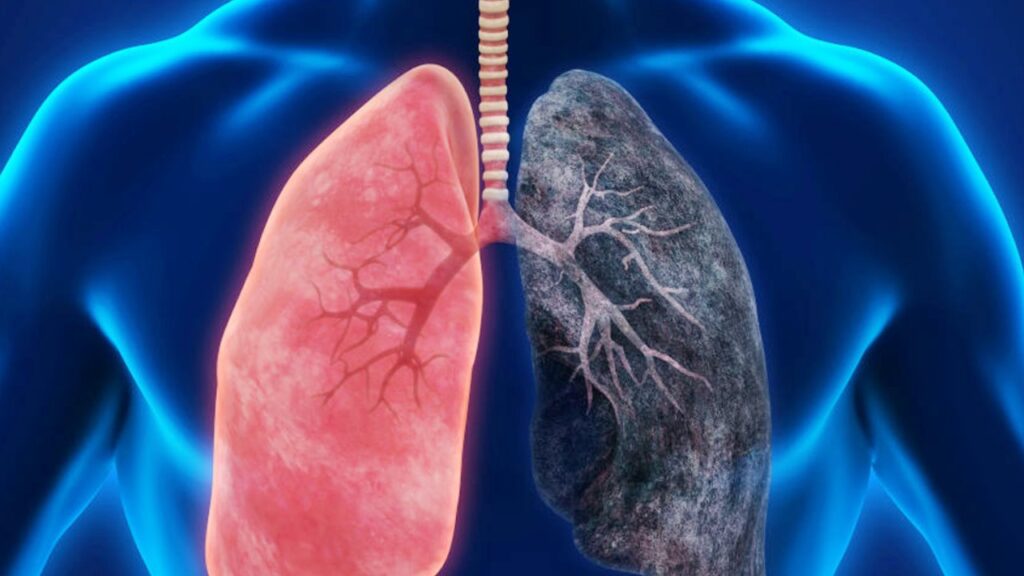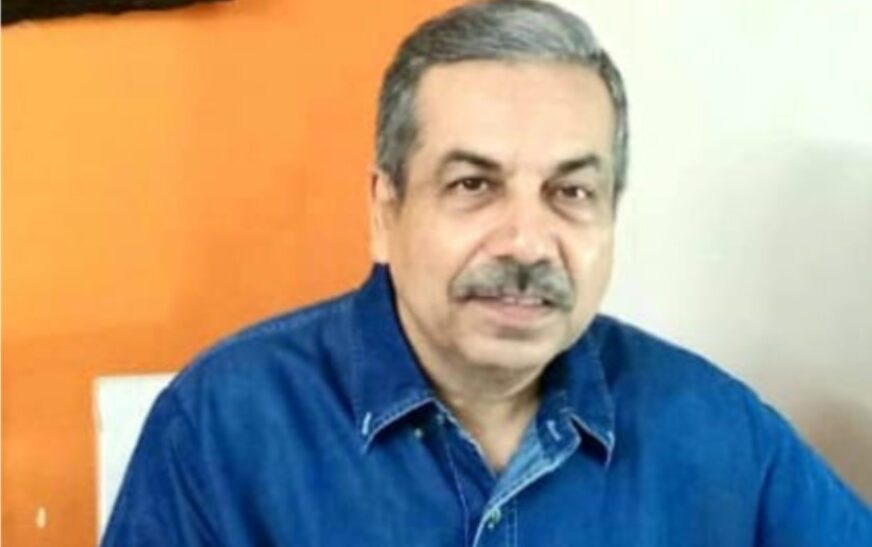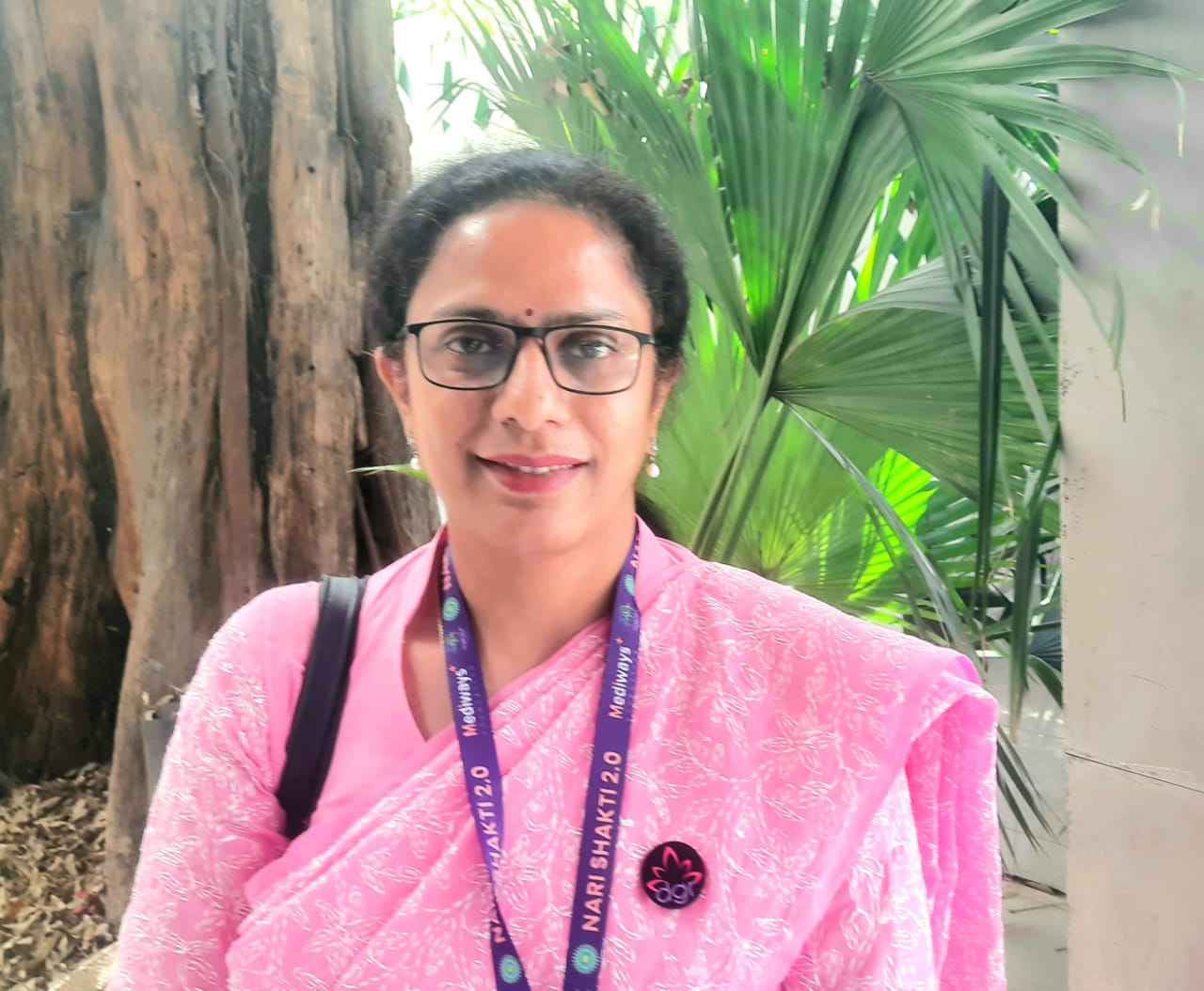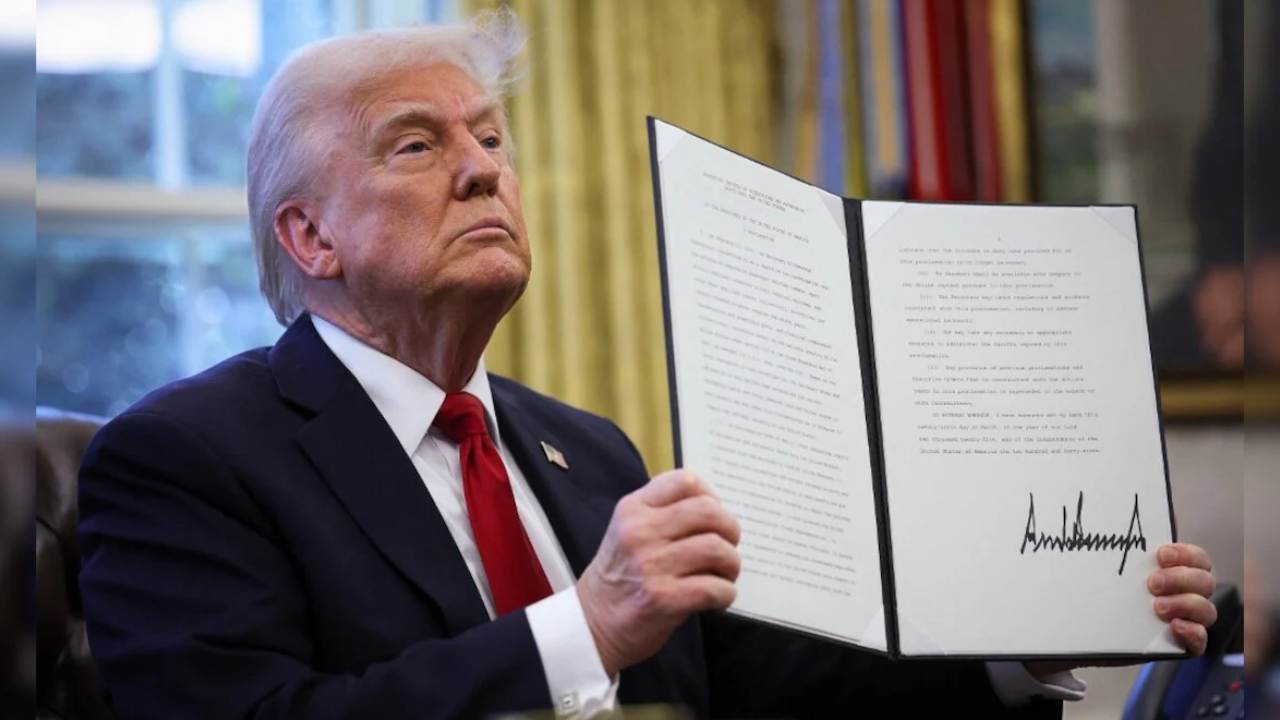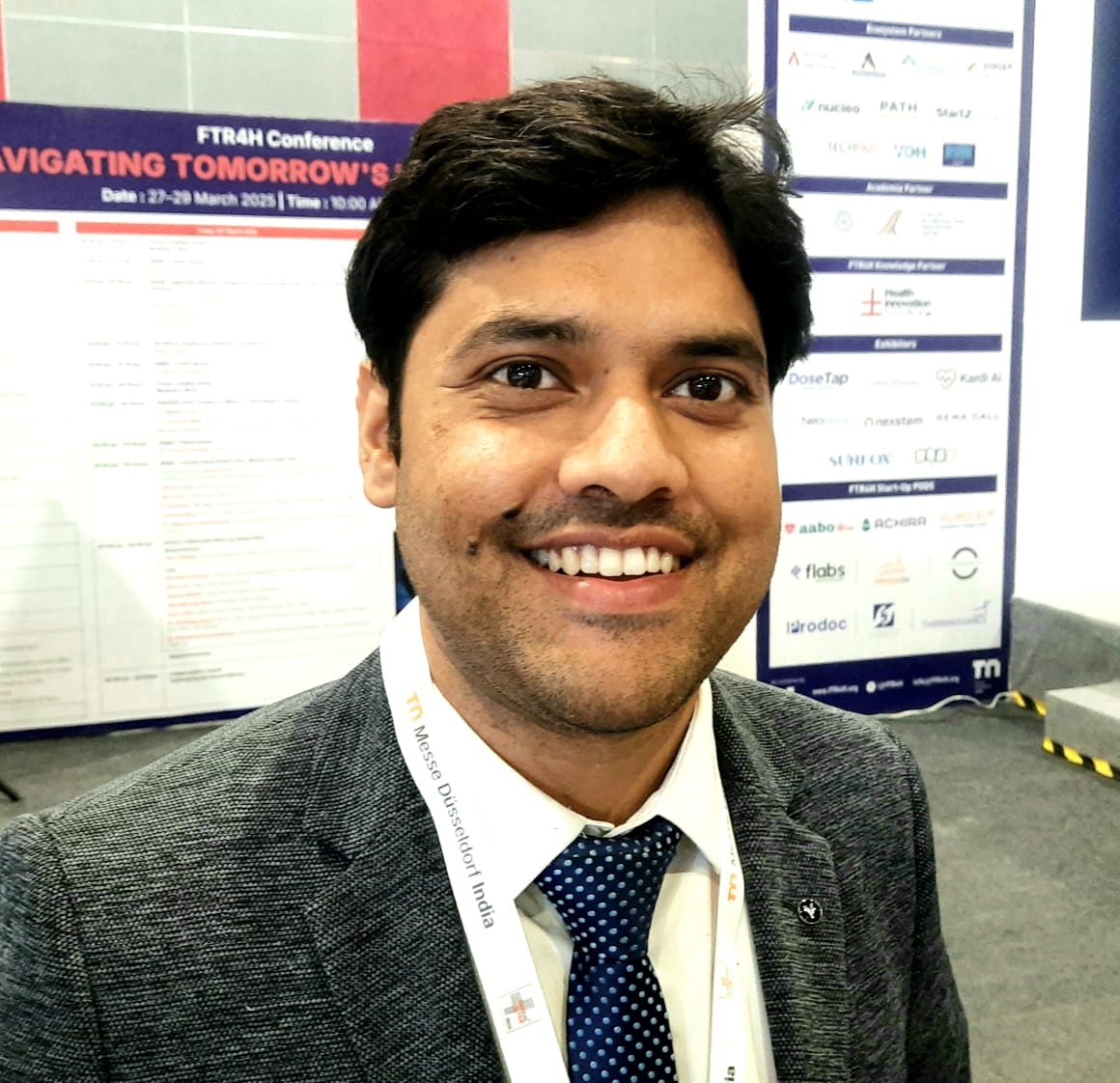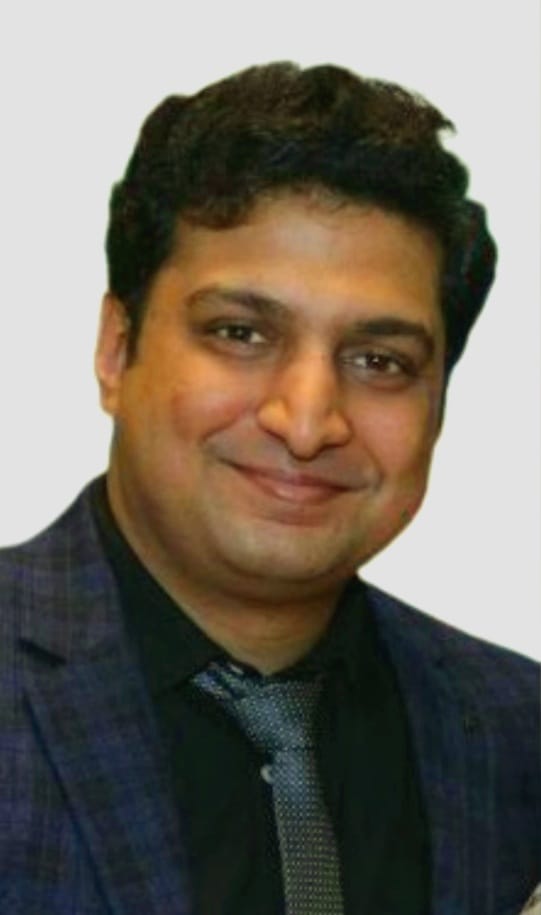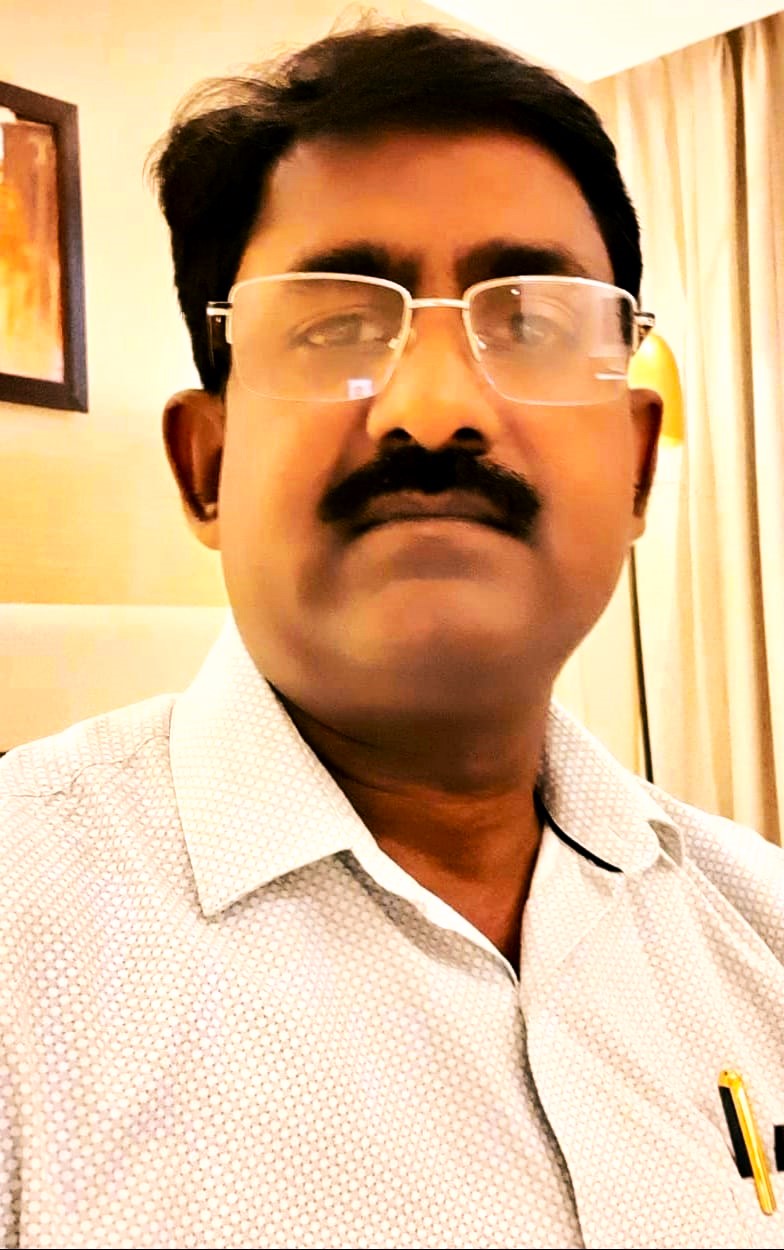Few surgeons worldwide would forsake their profession for a greater societal cause like Dr. Rakesh Gupta did – spearheading a movement to liberate future generations from tobacco consumption. He embarked on a remarkable journey. Dr. Gupta, a dedicated practitioner of allopathic medicine since March 1974, initially specialized in surgical oncology. However, his path underwent a profound shift in October 2006. Transitioning from the operating theater to the forefront of cancer and tobacco control, his mission became unequivocal: to protect more lives.
As an associate professor of surgery at the Government Medical College, Jodhpur, Dr. Gupta recognized a pressing need to bolster public health initiatives, particularly in cancer control within the state. This initial focus gradually expanded to encompass a broader mission – combating the pervasive threat of non-communicable diseases, with tobacco consumption emerging as a primary target.
Leading by example, Dr. Gupta assumed pivotal roles in various organizations dedicated to health advocacy. Serving as the president of the Rajasthan Cancer Foundation, alongside his involvement in esteemed bodies such as the Experts Committee of the Ministry of Health and Family Welfare, the Core Committee of the National Oral Health Programme (NOHP), and the Task Force of the National Academy of Medical Sciences (India), his influence extended far beyond the confines of his medical practice.
Presently, Dr. Gupta champions the integration of medical colleges into the National Tobacco Control Programme (NTCP). His advocacy extends to the ambitious goal of achieving a tobacco-free generation, advocating for measures like tobacco vendor licensing and establishing tobacco-free village panchayats.
In an illuminating discussion with senior journalist P. Srinivasan of The Interview World, Dr. Rakesh Gupta delves into the catalysts behind his transition from surgery to tobacco control. He underscores the imperative of regulating tobacco vendors and highlights the strides made in reducing tobacco consumption under his stewardship. Here, we distill the key insights gleaned from his compelling interview.
Q: What inspired your transition from a surgical practice to a focus on tobacco control?
A: For 28 years, I served as a faculty member in medical colleges in Udaipur and Jodhpur, Rajasthan. Throughout this time, I practiced as a surgeon, specializing in surgical oncology for over two decades. Since 1989, my focus has been on cancer prevention and palliation.
The transition to dedicating myself entirely to tobacco control and cessation has been gradual but deliberate. Tobacco consumption, whether in smoke or smokeless form, stands as a primary risk factor not only for various cancers but also for heart diseases, respiratory issues, and numerous other non-communicable diseases (NCDs).
Recognizing the immense impact tobacco has on public health, I felt compelled to take action. I aim to save more lives by influencing governmental policies and decisions.
Q: How are you actively contributing to tobacco control efforts, and what specific initiatives or projects are you presently engaged in within this domain?
A: I actively promote the cessation of tobacco use through initiatives such as advocating for a tobacco-free generation, implementing tobacco vendor licensing, and establishing tobacco-free village panchayats. The ultimate goal is to eradicate the commercial sale of all tobacco and nicotine-containing products in India by the end of 2030. Shockingly, India witnesses approximately 4000 deaths daily due to tobacco-related illnesses, far surpassing the revenue generated from tobacco taxation.
An integral strategy towards achieving the tobacco endgame is the concept of a Tobacco-Free Generation (TFG), wherein children born after a specified date, like January 1, 2011, are legally prohibited from purchasing tobacco products. Presently, I’ve proposed this initiative to the Government of Rajasthan. If adopted, Rajasthan would pioneer this movement in India, following New Zealand’s lead, with other countries like the USA, Netherlands, Malaysia, and the Philippines exploring similar avenues.
To effectively execute the tobacco endgame, the government must devise a comprehensive plan to phase out the tobacco industry. This involves dismantling institutions like the Tobacco Board and the Central Tobacco Research Institute, alongside divesting from tobacco companies. While acknowledging the challenges, we cannot turn a blind eye to the imperative of saving lives. It’s crucial to recognize that tobacco is not merely a consumer product; it’s a lethal substance responsible for half of its consumers’ premature deaths. Similarly, the tobacco industry isn’t a conventional business; it profits at the expense of human lives.
Furthermore, I advocate for the implementation of tobacco vendor licensing, mandating that vendors acquire licenses to sell tobacco products. Additionally, I propose the establishment of tobacco-free village panchayats across Rajasthan, aiming to create environments free from the influence and accessibility of tobacco.
Q: What are the key reasons for advocating tobacco vendor licensing in our community?
A: The government lacks accurate data on the number of tobacco vendors across various levels, from specific areas to municipal limits, villages, districts, and states. Tobacco products are ubiquitously available, being sold in almost every type of shop including provision stores, grocery shops, milk booths, as well as by physically challenged individuals on tricycles, on footpaths, roadside kiosks, and at tea stalls.
Issuing vendor licenses presents an opportunity for local bodies to generate additional revenue, facilitating enhanced enforcement of the Cigarettes and Other Tobacco Products Act (COTPA) and other tobacco control measures. By granting licenses to tobacco vendors, the government can more effectively map their distribution.
Improved implementation of COTPA, particularly its sections aimed at safeguarding minors (Section 6) and ensuring strict adherence to pictorial warnings (Section 7), is essential. Furthermore, reducing the number of retailers could help curb easy access to tobacco products.
To achieve these objectives, an amendment to the Rajasthan Municipalities Act should incorporate a provision for licensing tobacco vendors, as has been successfully executed in Ranchi, Jharkhand. Several states, including Uttar Pradesh, Karnataka, Uttarakhand, and Rajasthan, are also contemplating statewide adoption of this approach.
Q: What are the most impactful accomplishments you have achieved in your work within the field of tobacco control?
A: Single-handedly, I spearheaded pioneering efforts in tobacco control across India. Initiatives such as the Smoke Free District City (Jhunjhunu, 2005-2007), Tobacco Free Police Academy and State Police Training Centres (Jaipur, 2008-2010), Systems Approach in Tobacco Cessation Delivery (2012-2023), Quitlines in India (2008-2016), and Engagement of State Medical Helplines to deliver tobacco cessation (2013-2019) stand as testament to my commitment.
These endeavors culminated in a groundbreaking media advocacy campaign, publishing 145 articles solely on tobacco control—an unprecedented achievement worldwide, as far as my knowledge extends. These articles were later compiled into two reference books, “Tambaaku Mukti ki Or” and “Tambaaku Niyantran Ke Mudde,” published in October 2022, in Hindi.
In 2007, I achieved a milestone by making Jhunjhunu, a district city in Rajasthan, smoke-free, in collaboration with the local District Collectorate and technical support from the American Cancer Society. The concerted efforts of local political leadership, municipality, educational institutions, civil societies, media, and individuals were instrumental in realizing this feat.
In 2008, I conceptualized and catalyzed the effort to make the Rajasthan Police Academy tobacco-free, inspiring six additional police training centers to follow suit statewide by January 2010. This model was successfully replicated at SK Soni Hospital in Jaipur (2012-2014) and at Samachar Jagat media house (2016-2019), marking it as the first tobacco-free media house in the country. The advocacy through this media house also led to the formulation of a statewide policy for tobacco-free health facilities in Rajasthan.
I played a pivotal role in establishing and operating quitlines in Rajasthan until the establishment of the National Quitline Service in Delhi in 2016. The innovative model of integrating quitline services within the State Medical Helpline yielded impressive results, with approximately an 18% quit rate at the end of one year, serving over 5,000 callers across the state from 2013 to 2019.
In 2009-10, I advocated for a significant increase in Value Added Tax (VAT) on retail tobacco products, leading to an increase from 20% to 40% for the fiscal year 2011-2012, and subsequently to 50% in 2012-2013, and 65% in 2013-2014—the highest in the country at that time, despite the implementation of GST later, with the maximum tax capped at 28%.
Additionally, I successfully advocated for the implementation of the Food Safety and Standards Authority of India Regulation of August 2011 (Rule 2.3.4), prohibiting the sale of Gutka and Pan Masala containing tobacco across Rajasthan, making it the fifth state in India to enforce this ban among the 16 states that have done so.
My contributions to tobacco control have earned recognition through numerous awards at international, national, and state levels, including the prestigious WHO award on World No Tobacco Day 2013 for the South East Asia region, acknowledging over a decade of individual efforts in tobacco control at state and national levels.
Q: How might the medical community enhance its support for tobacco control initiatives and advocacy endeavors?
A: The medical fraternity possesses significant potential to fortify tobacco control endeavors. Last year, I partnered with the Department of Medical Education of the Government of Rajasthan to mobilize medical institutions under the National Tobacco Control Programme (NTCP). Throughout Rajasthan, I visited 15 medical colleges, emphasizing to both the Ministry of Health & Family Welfare and the State of Rajasthan the crucial involvement of doctors and the utilization of medical institutions’ extensive infrastructure.
This collaboration seeks to bolster the efficacy of these premier institutes in advancing tobacco control initiatives locally and in adjacent districts through the District Tobacco Control Committees (DTCCs). Additionally, it aims to establish these institutes as Information, Education, and Knowledge Resources for their faculty, students, patients, caregivers, and all personnel within their premises, promoting a tobacco-free environment and aiding tobacco users among staff, students, and patients in quitting through the establishment of tobacco cessation centers in affiliated hospitals.
Q: What measures or policies do you believe the government should implement to effectively reduce tobacco consumption?
A: Furthermore, as we strive earnestly towards the 2030 endgame for tobacco eradication, encompassing initiatives such as the promotion of a tobacco-free generation, vendor licensing, and the establishment of tobacco-free panchayats, it is imperative that both the central and state governments, along with union territories, prioritize the taxation of bidis. Transitioning bidis entirely into the formal manufacturing sector and packaging them akin to cigarette packets, rather than traditional paper wrapping, is paramount.
Likewise, smokeless tobacco should be made available in tin packaging formats of 50gms and 100gms. This shift towards standardized packaging not only increases accessibility but also raises the cost, effectively dissuading both the financially disadvantaged and the youth from tobacco consumption.
